Rajshahi, Oct 16 (V7N) – The traditional potters of Bagmara Upazila in Rajshahi are now fighting to keep their craft alive. Unlike earlier times, when potters struggled to meet demand by delivering products door-to-door, today the challenge lies in sustaining the pottery industry itself.
Once, villages across the upazila produced a wide range of clay items, including pots, pans, and water jars, supporting hundreds of families. Although raw clay is still available, the demand for pottery has sharply declined. High production costs, energy shortages, and competition from plastic and metal products are pushing this traditional craft toward extinction.
Pottery is currently produced in several areas, including Ramkrishnapur in Bhabaniganj Pourashava, Bangalpara and Daudpur in Shripur Union, and Mahabbatpur Dhekipara in Ganipur Union. At its peak, nearly a hundred families were involved in pottery, but today only a few continue. Many artisans have switched to other professions, making it increasingly difficult to pass the craft to the next generation.
Krishnapad Pal, a potter from Ramkrishnapur village, said, “Previously, clay could be easily collected from riverbanks and nearby land. Now, most areas are filled or restricted, forcing us to buy clay from distant locations, increasing costs. Yet, the prices of pots and pans remain low.”
Shital Pal, another local artisan, added, “In the past, we fired pots using rice straw, but now we have to buy firewood, raising production costs. Even sitting at the market with products, buyers are scarce. Demand for clay items has dropped significantly.”
Younger generations are reluctant to continue in pottery due to the labor-intensive work and low income. Potters believe that making raw clay more accessible and limiting plastic usage could increase demand. They also urge government support, modern designs, and marketing initiatives to revive this historic craft.
Reviving pottery in Bagmara could preserve cultural heritage while providing sustainable livelihoods for local families.
END/MRA/SMA/



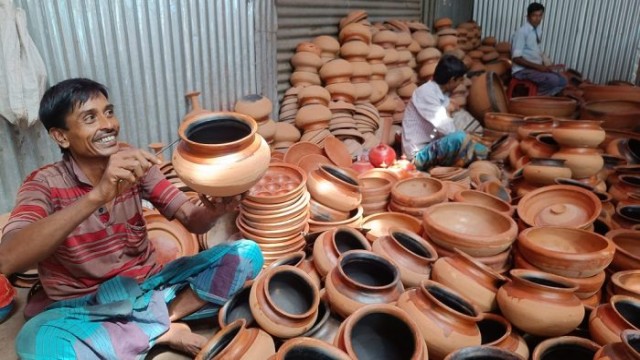
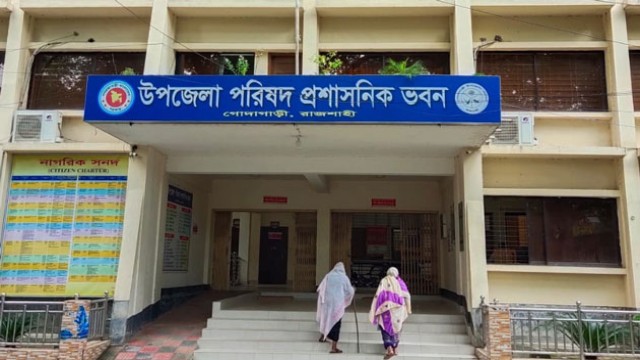
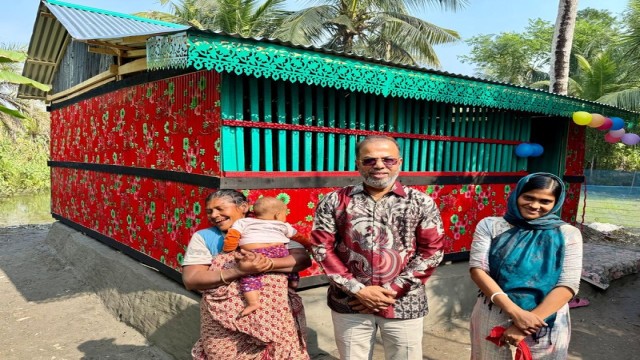
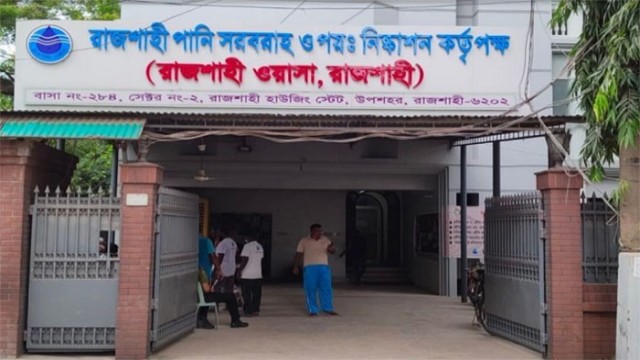
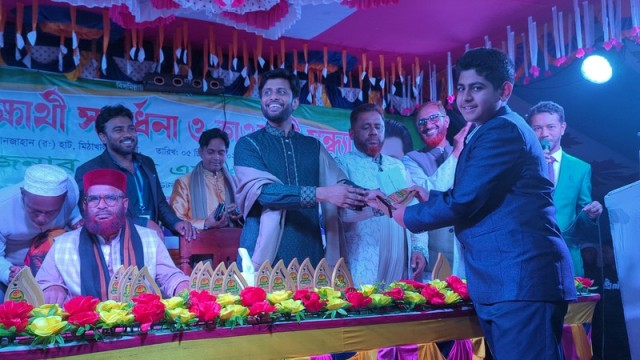
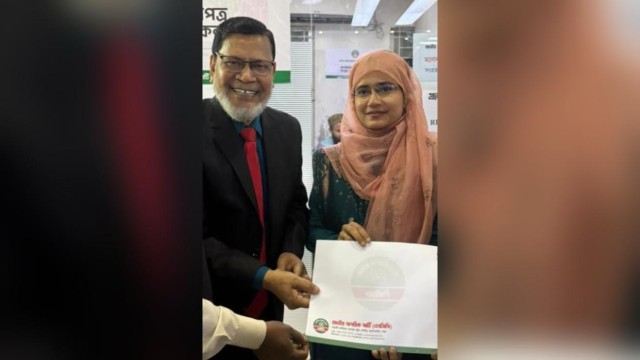

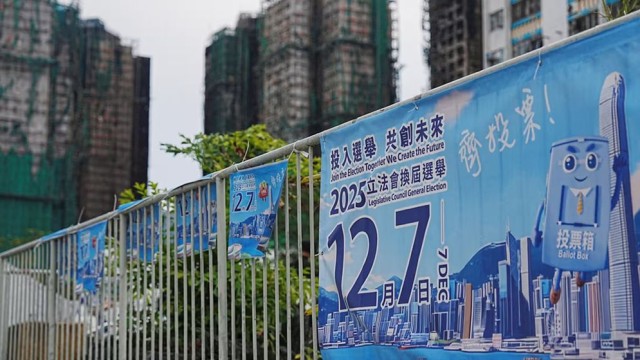
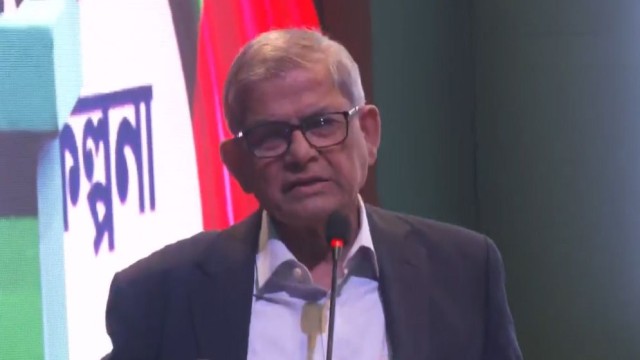


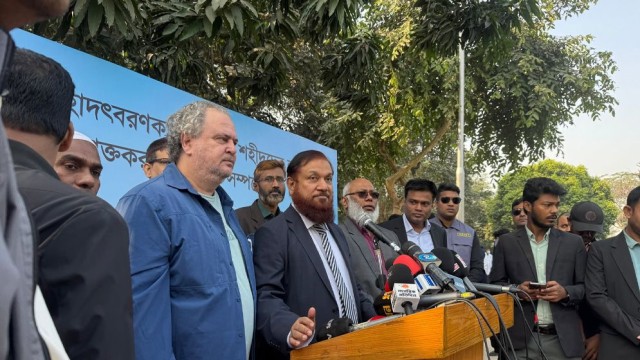



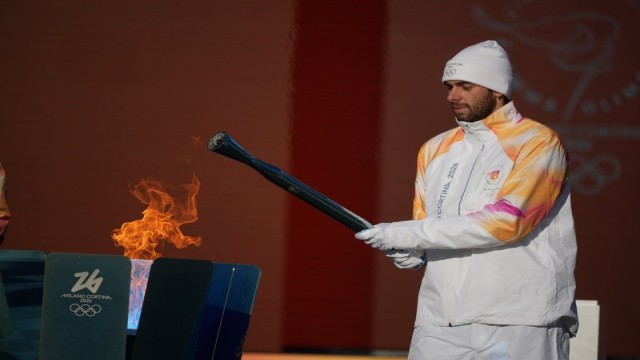





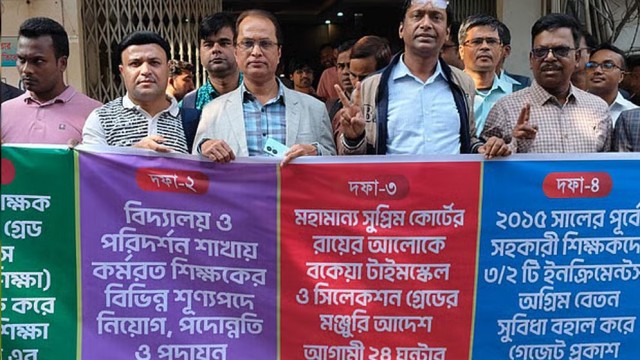
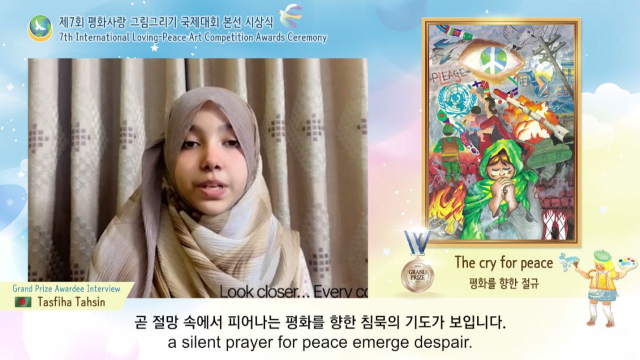

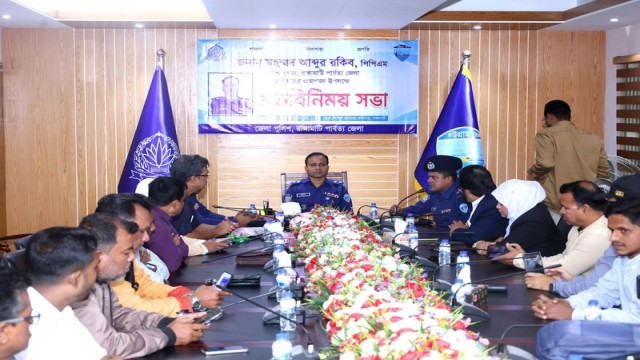


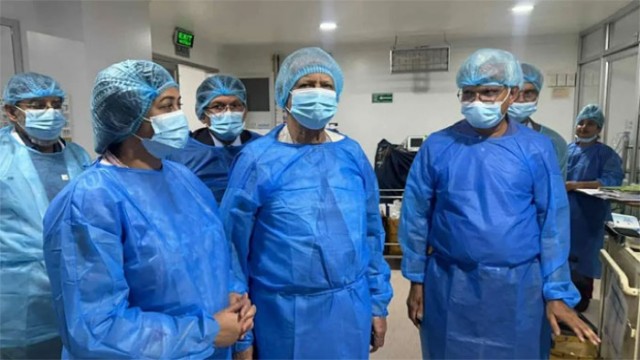
Comment: